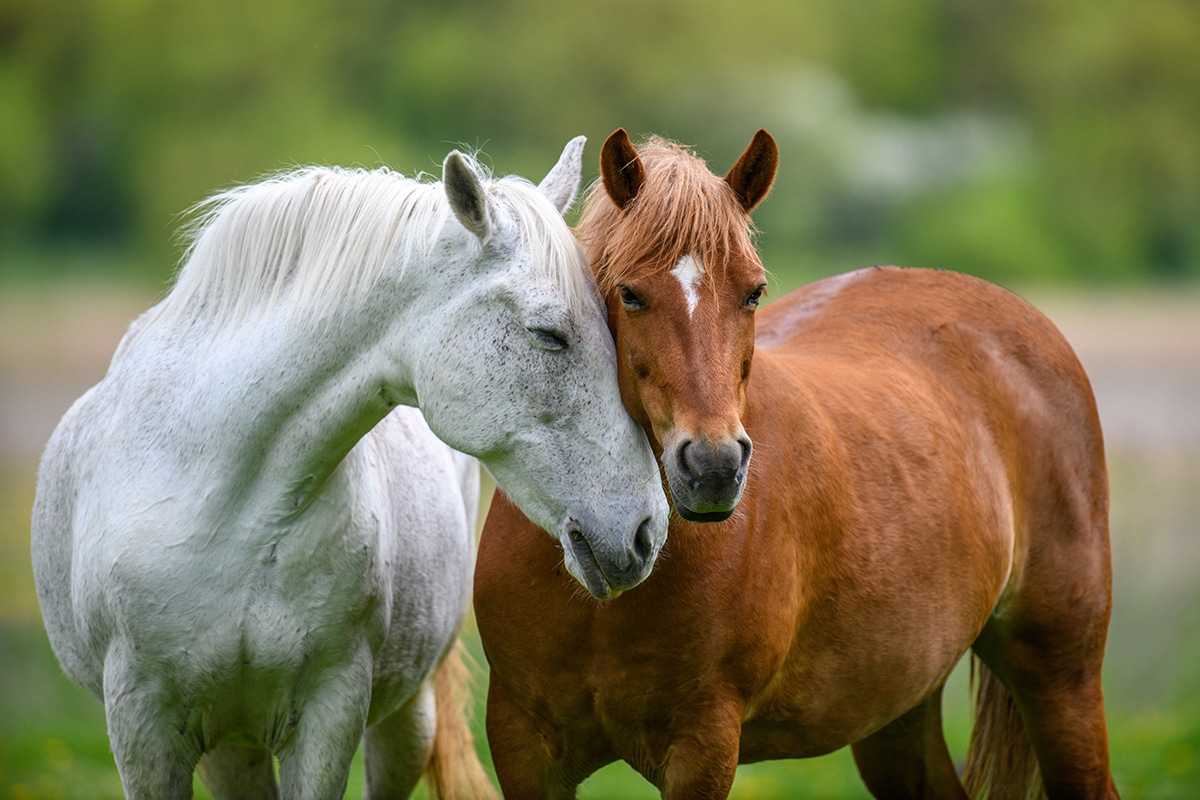HORSE
AGRO

A balancer is an excellent choice to ensure that your horse gets all the essential vitamins, minerals and trace elements. These nutrients are important for your horse’s overall health and vitality. A balancer is highly concentrated in these essential nutrients without adding an excessive amount of energy to your horse’s ration. Because of these properties, a balancer fits into the rations of many different types of horses.
Unlike a balancer, such as the Hartog Essential, concentrates are designed to provide energy (and in some cases protein). As a result, concentrates contain a lower concentration of vitamins, minerals and trace elements than a balancer. The feed ration per day of standard concentrates averages about 2 kilograms per day for a 600-kilogram horse. Concentrated feeds are only covering in vitamins, minerals and trace elements once the minimum recommended daily allowance is fed. However, many horses are fed less than the recommended daily amount. For example, because it can make them hot or make them gain weight quickly so the extra energy from concentrate is not needed.
In these cases, the horses often do not get enough vitamins, minerals and trace elements. A balancer is then a better match. This is because with a balancer you can meet your horse’s daily requirements of essential nutrients faster with a lower feed ration.
An average horse’s forage-based ration provides adequate protein and energy for horses with maintenance needs or horses that are lightly to moderately trained. However, roughage may not meet all of the daily nutrients needed such as vitamins, minerals and trace elements which can cause deficiencies. Here, a balancer can be added to the ration to supplement these deficiencies. So with a ration like this, you do provide all the essential vitamins and minerals without having to feed concentrates.
Providing a ration based on roughage and low in sugar and starch corresponds to the horse’s natural needs. In some cases, meeting these natural needs is especially important. This includes horses prone to stomach ulcers, colic, laminitis or dealing with PSSM.
In these cases, a ration based on roughage with a balancer is the ideal solution. This way you do provide the fiber, vitamins, minerals and trace elements your horse needs, without adding unnecessary sugar and starch to the ration.
Even horses that can be naturally very nervous or horses that get hot quickly can benefit from a ration with a balancer instead of concentrates rich in sugars and starches. By omitting concentrate, you avoid adding excess rapidly released energy to your horse’s ration.
However, there are horses that have increased protein and/or energy requirements and therefore their needs are not met when feeding only a balancer in addition to roughage. These include sport horses such as jumpers and dressage horses or older horses. These horses can benefit from a combination of a balancer with a roughage mix. For example, by adding the Hartog Lucerne Mix to the Hartog Essential balancer. This provides additional protein and energy, allowing you to offer a concentrate-free ration even to horses with increased needs.
Horses on pasture in the spring and summer often get ample energy and protein from the fresh grass. As a result, horses can gain weight quickly. So it is a logical reaction to feed less concentrate. However, vitamins, minerals and trace elements are not always present in the right amounts and proportions in the grass. Here, too, a balancer such as the Hartog Essential can provide a solution: feeding the recommended amount of balancer instead of concentrate ensures that your horse gets all the nutrients it needs without burdening them with excessive energy.
Are you unsure if a balancer fits into your ration? Then feel free to request a feeding consultation so that one of our nutrition consultants can look at it with you!
Receive the latest offers, exclusive content and news from Hartog Family Farms.

Grasdrogerij Hartog B.V.
Mijnsherenweg 7
1658 CA Lambertschaag
0229 – 58 12 32
info@hartog.eu